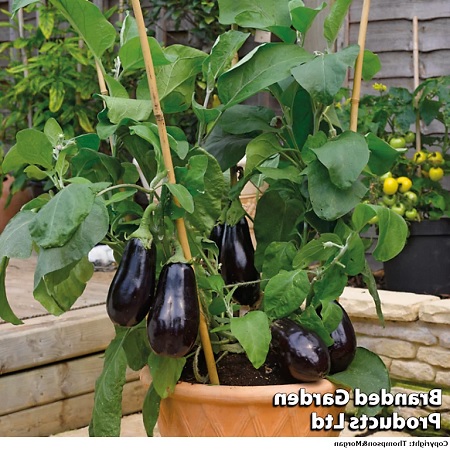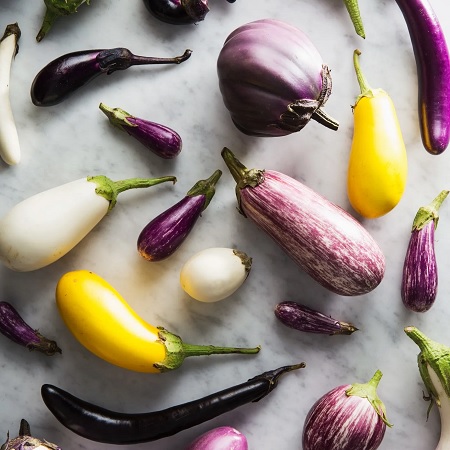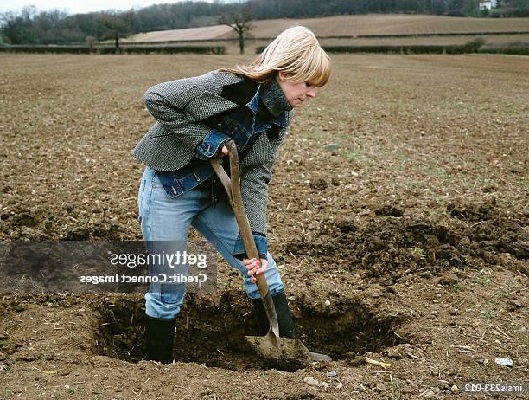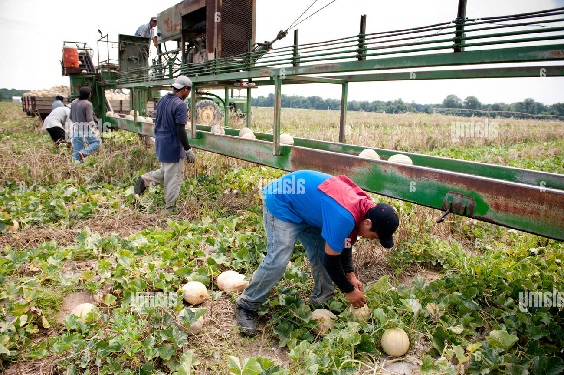The Three Sons
Vocabulary
| cart | field (2) | eggplant |
| attire | harvest | sound sleep |
| load | donkey | earthworm |
| crop | gather | spade (2) |
| till | set off | delicious |
| soil | splendid | out of the question |
| plow | plead | tool shed |
| thus | assure | deep (2) |
| bury | mention | turn around |
| busy | plump | fade away |
| fade | treasure | out of sight |
| hole | overturn | dig/dug/dug |
| grab | ground | adjacent |
| gaze | mound | find/found/found |
| dirt | fool (2) | might as well |
| trick | in vain | in the first place |
| sow | decide | in first place |
| shout | shrivel | throw/threw/thrown |
| piece | province | abundant |
| shiny |




Harvest Time
“They’re ready,” thought Nicholas as he examined some eggplants in his field.
Early the next morning Nicholas brought out his donkey, a cart and some knives. His sons were still in bed, sound asleep.
“Alright everyone. Get up! Let’s have some breakfast and harvest those eggplants,” said Nicholas.
None of them moved.
“Come on, get up!”
His sons continued sleeping.
Thus Nicholas left for his fields and began picking his eggplants and loading then onto the cart — by himself. The same thing happened for the pumpkin and cantaloupe crops.
By the end of autumn, Nicholas had managed to gather much of the harvest and deliver them to market, though many of them had become shriveled.
But now he had difficulty moving his arms, legs and back.
Planting Time
When spring came along, Nicholas told his sons that they needed to plow and till the soil for the next crop.
“Splendid dad,” said the first son.
The next day, Nicholas brought out four spades from the tool shed.
“Okay boys. Let’s go! . . . Boys? Boys?” His sons were nowhere to be found.
Nicholas then asked a neighbor if she had seen them. “Why yes,” she replied. “I saw one going to town, the other to the lake, and the third to Heather’s house.”
The Trip
The following morning, the sons woke up to find their father packing his travel bag. And instead of his usual farmer’s attire, he wore a suit and tie.
“Where are you going?” asked the second son.
“I’m visiting my brother,” replied Nicholas.
“But I didn’t know you had a brother. You have a sister — Aunt Matilda — but . . . you never told us you had a brother.”
“Well, actually he was my best friend from childhood, but — we’re like brothers. Anyway I must see him; he needs my help.”
Thus Nicholas set off down the road.
“Aren’t you going to take the donkey?” asked the third son.
“No. The donkey and the cart stay here,” said Nicholas
“You’re walking all the way?”
“No — I’m traveling by ship.”
“BY SHIP?!? To WHERE? Where are you going?
The sons pleaded with their father to take them with him . . . but that was out of the question. Nicholas assured them that there was enough money and food on the farm to last them until autumn.
“But when will you return?” asked the first son.
I’m not sure,” replied their father.
Nicholas resumed walking down the road.
“But . . . but . . . what are we going to do?” asked his sons.
Buried Treasure
Nicholas suddenly turned around.
“Oh, I almost forgot to mention,” he said. “My father once told me that there’s a treasure buried somewhere in field . . .”
“BURIED TREASURE?!? WHERE? WHERE? WHERE?”
“He didn’t know exactly where. I tried to find it myself . . . but I had been too busy farming. Bye now.”
The sons watched their father fade away down the road.
As soon as he was out of sight, they ran into the tool shed. Each son grabbed a spade and raced to the field.
There they each began to dig the ground. They each dug a meter-deep hole in about fifteen minutes. Finding nothing, they dug holes in adjacent spots . . .
The Discovery
“Well that’s the last piece of ground,” said the third son. He looked up and gazed over the thousands of mounds of overturned soil they had made for as far as they could see.
“But there’s NOTHING…absolutely NOTHING in this field — except dirt and earthworms,” said the second son.
“There was NEVER any treasure here in the first place! Father tricked us. He fooled us!” shouted the third son, as he threw down his spade.
A few days later, the sons decided that they might as well sow the fields so that all their efforts would not have been in vain . . . . . .
Several months later, they began harvesting a bumper crop of eggplants, pumpkins, and cantaloupes.



Questions
Cabbage, Brussels Sprouts. In the beginning, Nicholas the farmer was very pleased with his sons. Yes or no?
Broccoli, Cauliflower. “By now, he had difficulty moving his arms, legs and back.” Why did Nicholas have difficulty moving his arms, legs and back?
Onion, Garlic. Did the farmer plow his fields with his horse in the following spring? What did he do one day?
Bell Pepper. What did he tell his sons before he left? He told his sons that . . . . . . .
Leek, Chive, Spring Onion. The sons went back to their usual, lazy, daily routine. True or false?
Tomato. What happened in the end? In the end . . . . .
Cucumber. What is the moral, lesson, or message of the story?
Carrot, Beet, Radish, Turnip. Nicholas said that his father had told him about a buried treasure in the field. What could you infer or deduce from this?
Zucchini. Have you heard the expression, “The carrot and the stick”? Which do you prefer?
Squash, Pumpkin. Give examples of this from real life.
Kale, Spinach. Does your school or company use incentives to improve students’ and workers’ performances?
Beans, Peas, Lentils. What have been your and your friends’ incentives to succeed?
Eggplant. How can employees and individuals be motivated to work hard, be efficient, creative, resourceful, etc.?
